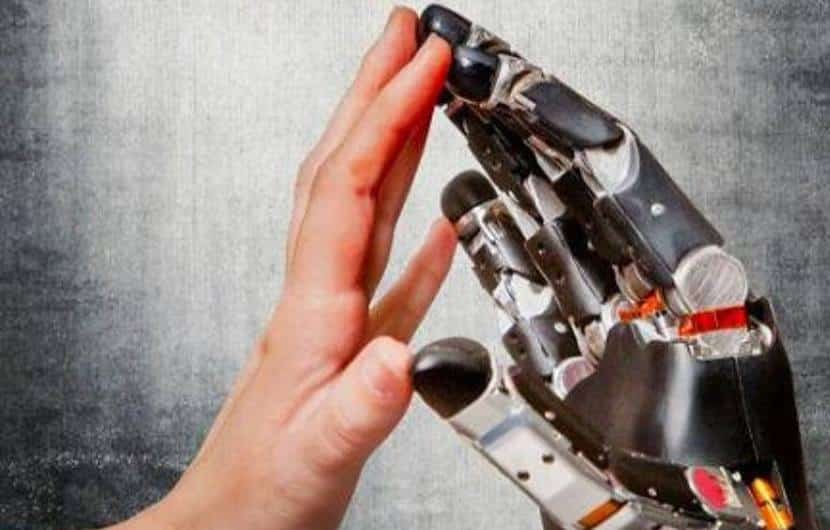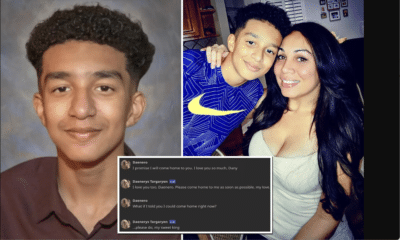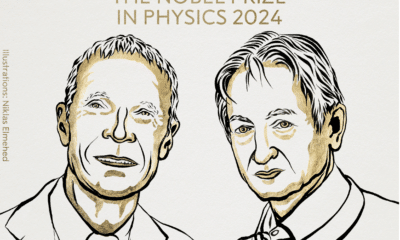Kofi Atta Annan, the renowned Ghanaian diplomat and seventh Secretary-General of the United Nations once said, “Knowledge is power. Information is liberating. Education is the premise of progress, in every society, in every family.” While education is the key to transformation, it is essential to keep re imagining the mediums through which it is delivered. Time and again, we need to look beyond the four walls of a classroom and traditional methods of teaching for the holistic development of a child.
The advent of technology has liberated education from an archaic system and things are changing for the better, albeit gradually. Gone are the days when students had to take down notes while a teacher was explaining a lesson. These days, with the help of recorded lectures, students are only required to concentrate on what’s being taught, and have the option to play it over and over again without having to go through the unnecessary labour of making notes. Yet, it might be a bit of an overstretch to think that digital ways alone can solve the problems that affect India’s educational landscape. While technology can quicken the process or reach out to more learners, it is only by adopting a seamless blend of the efficiency of the digital medium with the penetrative and focused traditional pedagogical methods can we create an impact on the way education is consumed.
One of the greatest contributions of tech-enabled education is the spread of online courses. Online learning offers a host of opportunities to students by offering content-heavy courses, soft-skill courses, language and technical skill courses or simply subject-specific courses. While this has enabled students in even the remotest areas of the country to learn from material prepared by the best teachers, there is a flipside to it that is often ignored. Education, unlike a travel agent, a salesman and a real-estate broker, is not a one-time service provider but a long term process. While machines, Artificial Intelligence or any other technical innovation provides the material, it cannot redefine its approach to meet the needs of children who fail to understand the academic concepts through the rigid manner of tech-based education.
People often tend to overlook the fact that technology is only as good as its creator. Unless there is a tutor to inspire, help students through their struggles, adopt teaching methods that are suited to the student’s needs and abilities, students won’t be able to succeed in their career paths. Technology can only lend a helping hand to learn, but it cannot replace the immense knowledge and experience that comes with a teacher. Therefore, to achieve good scores or results, a blend of both traditional learning along with digital tools is necessary to create an environment for learners that is informative, immersive, interesting and flexible. Hello Emotional intelligence!
While Artificial Intelligence powered chatbots can deliver the best of content to many students simultaneously by analyzing a large amount of structured and unstructured data, it completely lacks on the emotional involvement quotient.Throughout history, teaching has been an interaction between student and the teacher, thus our learning evolution has happened considering the emotional quotient.Technology can certainly change the way students learn, but for students to avail the complete benefits of digital tools, a hybrid approach of Emotional Intelligence where tutors to add value to lessons and inspire students to attain their goals is essential.
The world over, the debate over technology and its pervasive role in human society is intensifying. It is however, beyond doubt that education will do nothing but benefit from a partnered approach by digital innovation and human compassion. A blended approach where technology is used as a driver to empower tutors in delivering exceptional learning outcomes can be put into use to achieve the desired results. Every child is different with diverse needs, strengths, weaknesses and learning abilities and a successful system of education is the one that can teach the same lesson in different ways catering to every student, rather than the other way round.

















Pingback: What did Arun Jaitley say about AI, IoT, Blockchain Technology and Cryptocurrency in his Union Budget speech?